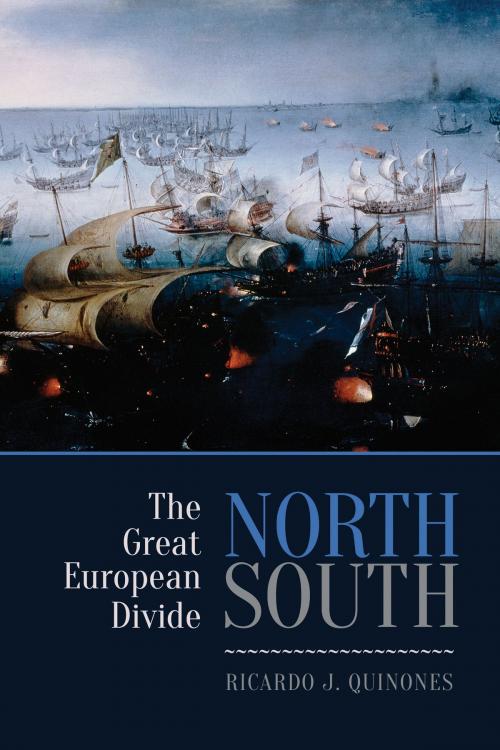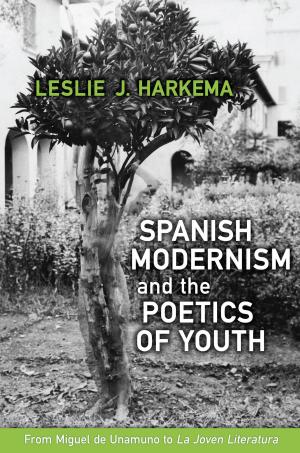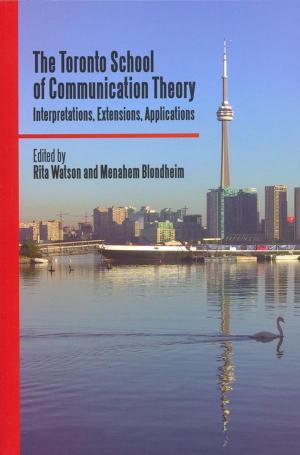North/South
The Great European Divide
Nonfiction, History, Renaissance, European General, Religion & Spirituality| Author: | Ricardo J. Quinones | ISBN: | 9781487510084 |
| Publisher: | University of Toronto Press, Scholarly Publishing Division | Publication: | August 4, 2016 |
| Imprint: | Language: | English |
| Author: | Ricardo J. Quinones |
| ISBN: | 9781487510084 |
| Publisher: | University of Toronto Press, Scholarly Publishing Division |
| Publication: | August 4, 2016 |
| Imprint: | |
| Language: | English |
The division of European society and culture along a North/South axis was one of the most decisive and enduring developments in the modern world. In North/South, which completes a trilogy of works devoted to the study of the mind and body of Europe, Ricardo J. Quinones examines the momentous early modern origins of this division. Quinones focuses on four concepts connected with the Protestant Reformation whose emergence defines the rise of the North and the subjugation of the South: Christian liberty, skepticism, tolerance, and time. Tracing their influence through the political and philosophical conflicts of the era and forward into the Enlightenment, he suggests that they constitute the basis of Europe’s transformation between the sixteenth century and the dawn of the industrial revolution.
A fascinating combination of cultural and intellectual history, philosophy, and comparative literature written in the vein of Quinones’ award-winning Dualisms, this work, called “dazzling” by one critic, shows a contemporary pertinence with the relapse of the South into the subordinate position which it was thought to have overcome.
The division of European society and culture along a North/South axis was one of the most decisive and enduring developments in the modern world. In North/South, which completes a trilogy of works devoted to the study of the mind and body of Europe, Ricardo J. Quinones examines the momentous early modern origins of this division. Quinones focuses on four concepts connected with the Protestant Reformation whose emergence defines the rise of the North and the subjugation of the South: Christian liberty, skepticism, tolerance, and time. Tracing their influence through the political and philosophical conflicts of the era and forward into the Enlightenment, he suggests that they constitute the basis of Europe’s transformation between the sixteenth century and the dawn of the industrial revolution.
A fascinating combination of cultural and intellectual history, philosophy, and comparative literature written in the vein of Quinones’ award-winning Dualisms, this work, called “dazzling” by one critic, shows a contemporary pertinence with the relapse of the South into the subordinate position which it was thought to have overcome.















